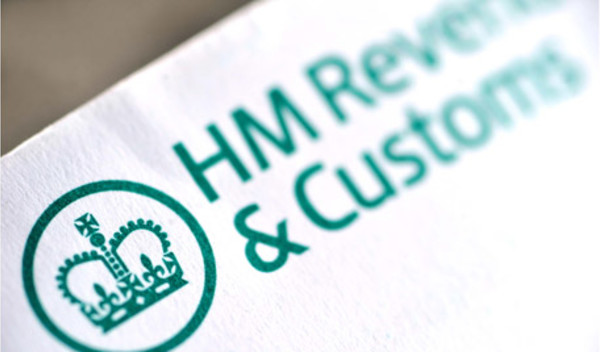

Those who wish to use the new exemption from Isa ‘death tax’ charges, announced in this year’s Autumn Statement, will have to use the same firm as the deceased in a proposed change from HM Revenue and Customs that will favour incumbent providers.
George Osborne announced that Isas will join pensions in being free from tax when passed on to a surviving spouse or civil partner.
The chancellor said that from 3 December 2014 if an Isa holder dies, they will be able to pass on benefits to their spouse or civil partner via an additional Isa allowance which they will be able to use from 6 April.
In a recently published policy paper, HMRC said that regulations will set out the time period within that the additional allowance can be used, as well as further detail on the eligibility for the allowance and which Isa provider can receive the additional allowance subscriptions.
However, the paper added that “in most cases”, it is anticipated that the additional allowance should be used for an Isa “ offered by the same financial institution that provided the deceased saver’s Isa”.
HMRC added: “An eligible individual may use this additional allowance by subscribing to an Isa they already hold, or by opening a new Isa.”
It will also publish further details on the option for some individuals who are eligible for the additional Isa allowance to transfer the balance to their own Isa certain non-cash assets previously held by their spouse.
HMRC added that its reporting requirements for Isa providers will also be updated to reflect this additional allowance.
The paper also detailed the impact the Isa ‘death tax’ changes would have on individuals, with approximately 150,000 Isa holders dying each year, the change will benefit them by increasing the amount they can save with tax advantages in an Isa.
“No individual or estate will face additional tax costs as a result of this change, which is expected to provide most benefit to older people and people whose spouse or civil partner had significant Isa savings,” stated the paper.
“Any additional administrative costs for individuals will depend upon their circumstances and whether they choose to, or are in a position to, take advantage of the additional allowance.”
donia.o’loughlin@ft.com



